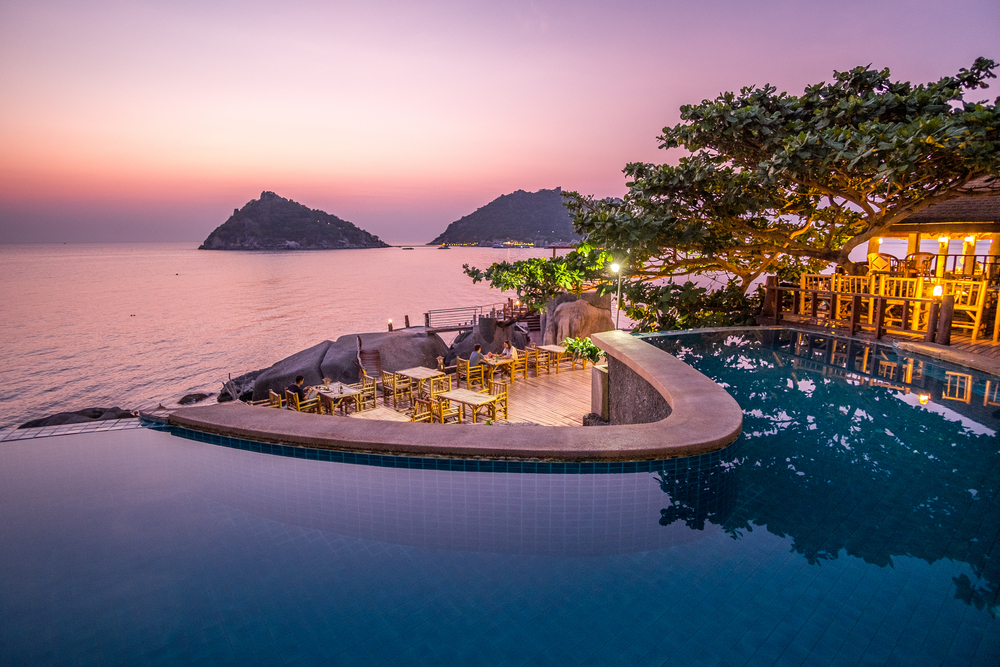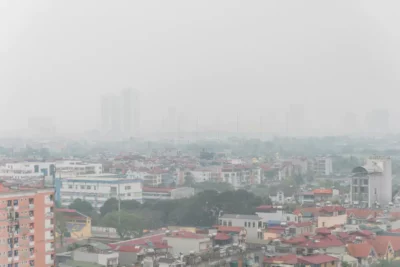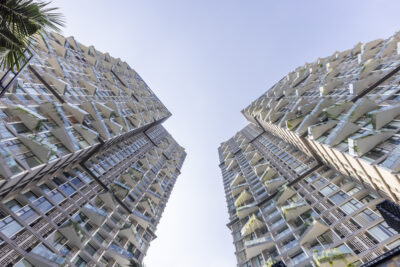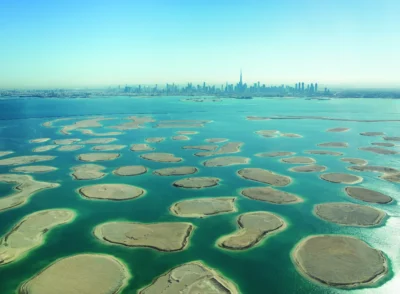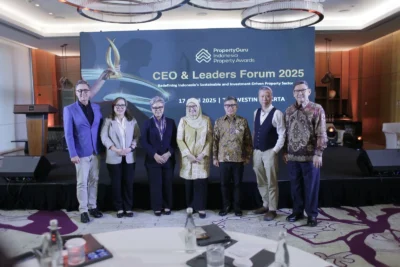Thai hotels confront gloomy outlook amid the COVID-19 outbreak
With near-zero occupancy rate, most operators will have to resort to temporary closure
Thai Hotel Association (THA) revealed that most hotels in Thailand would have to face temporary closure as the COVID-19 pandemic has substantially reduced occupancy rates to near zero, particularly in high-risk areas, reported Bangkok Post.
“There is no need to talk about the occupancy rate today, as many hotels in Bangkok and other provinces don’t have any guests left,” explained Supawan Tanomkieatipume, the THA president.
“Some of our members have only 10 to 20 rooms occupied. More closures are expected, even if they haven’t been announced yet.”
For the meantime, long-stay tourists in the South, like in Phuket, could help with the occupancy, but most of them will likely go back home before the local government enforces more stringent lockdown measures.
Supawan said that hotel operators would be struggling to stay afloat for over three months without guests. Several hotels are still doing their best to avoid dismissing employees, but regularly paying their salaries would soon become a problem.
More: Coronavirus outbreak to further disrupt property investment sales in Thailand in 2020
She says that although they are hopeful that the hotel segment will bounce back in the future, they cannot ignore the fact that this will be a long-term concern for them.
“The future of each hotel depends on cash flow,” she added. “Selling the properties is impossible because nobody is going to buy hotels at this time.”
For the first half of March, the occupancy rate for Phuket hotels were at 60 percent, but this number dropped by about five to six percent as authorities announced travel restrictions, preventing travellers from entering the kingdom.
Because of this, most hoteliers have implement the leave without pay policy to maintain their business.
“If this stagnancy lingers for the next 6-9 months, hotel operators will have to consider layoffs,” said Suksit Suvunditkul, the chief executive of Deevana Hotels and Resorts, and the vice-president of THA’s southern chapter.
Recommended
Hanoi’s air pollution crisis: Balancing urban growth with environmental sustainability
Hanoi’s worsening annual toxic smog is highlighting the pressures of balancing sustainability with rapid economic growth
U.S. tariffs pose challenges to china’s housing market amid economic slowdown
Escalating US tariffs are expected to strain China’s slowing economic growth and dampen buyer confidence, creating trouble for the country’s housing market
Dewan Architects’ Mohammed Adib leads with human-centred design and technological innovation in the Middle East and beyond
Mohammed Adib channels his childhood curiosity and dislike for design uniformity into his work at Dewan Architects + Engineers
UAE real estate shifts focus to sustainability and quality, revitalising iconic projects
The UAE has risen from its challenges to emerge as a more sustainable, quality-focused destination

